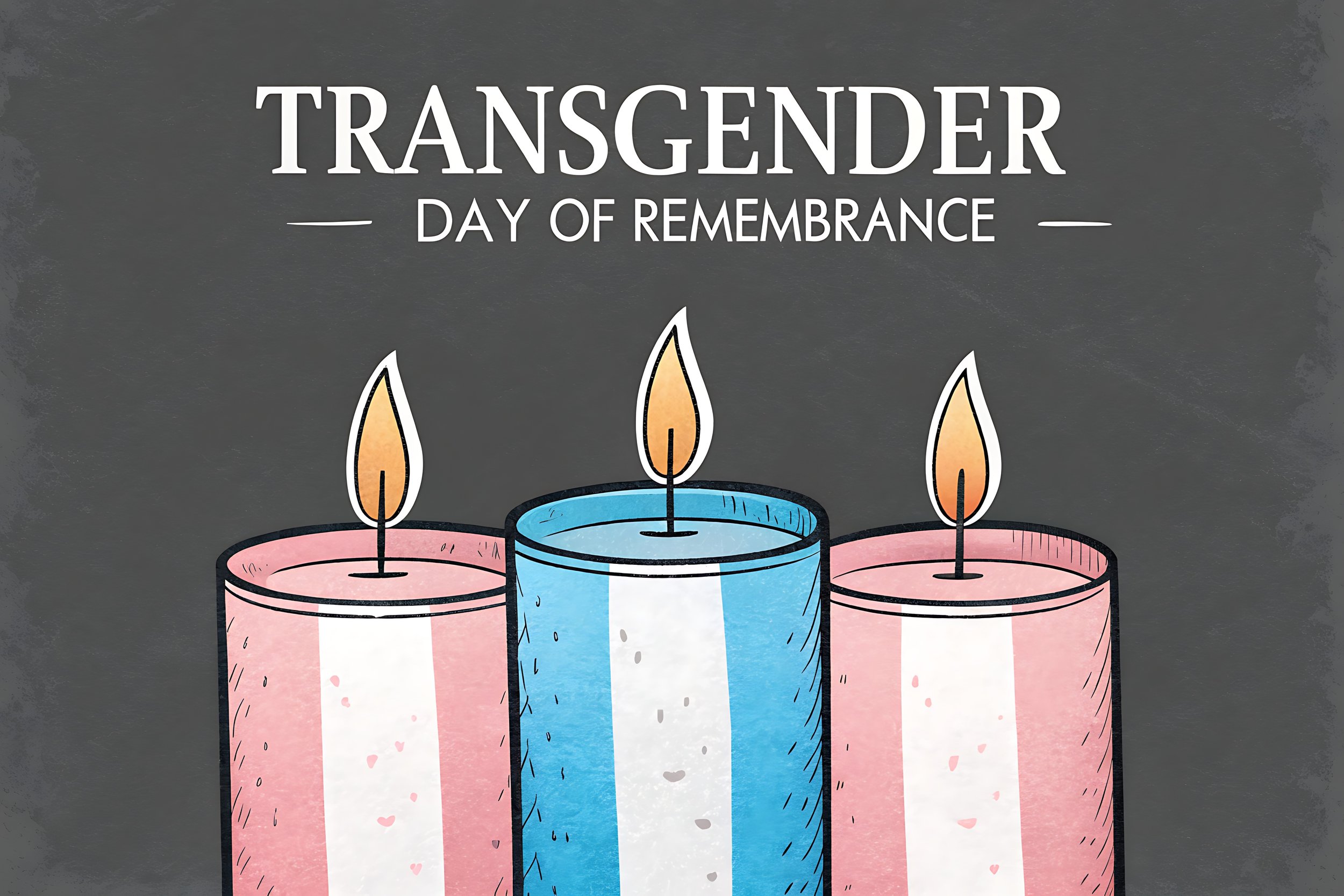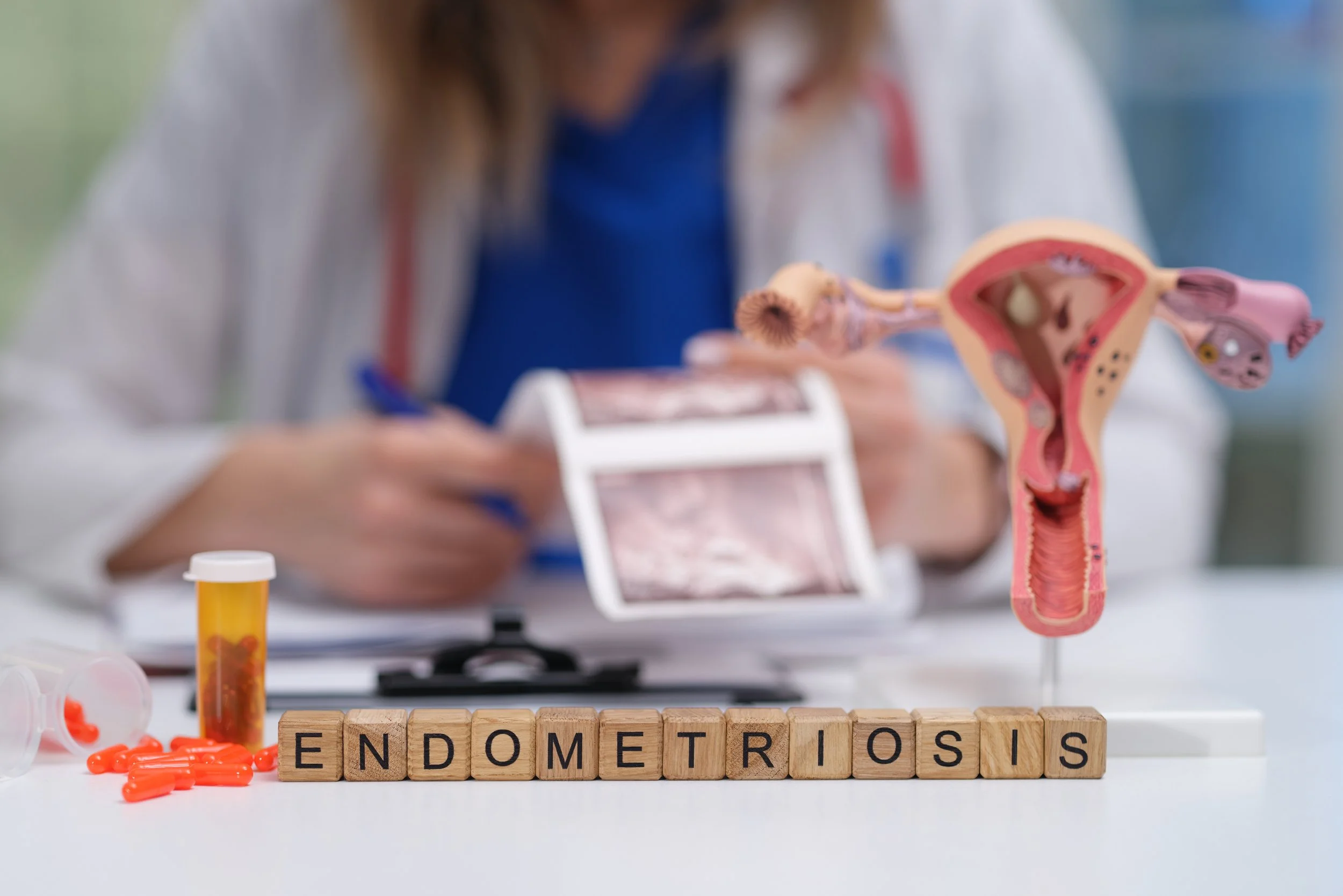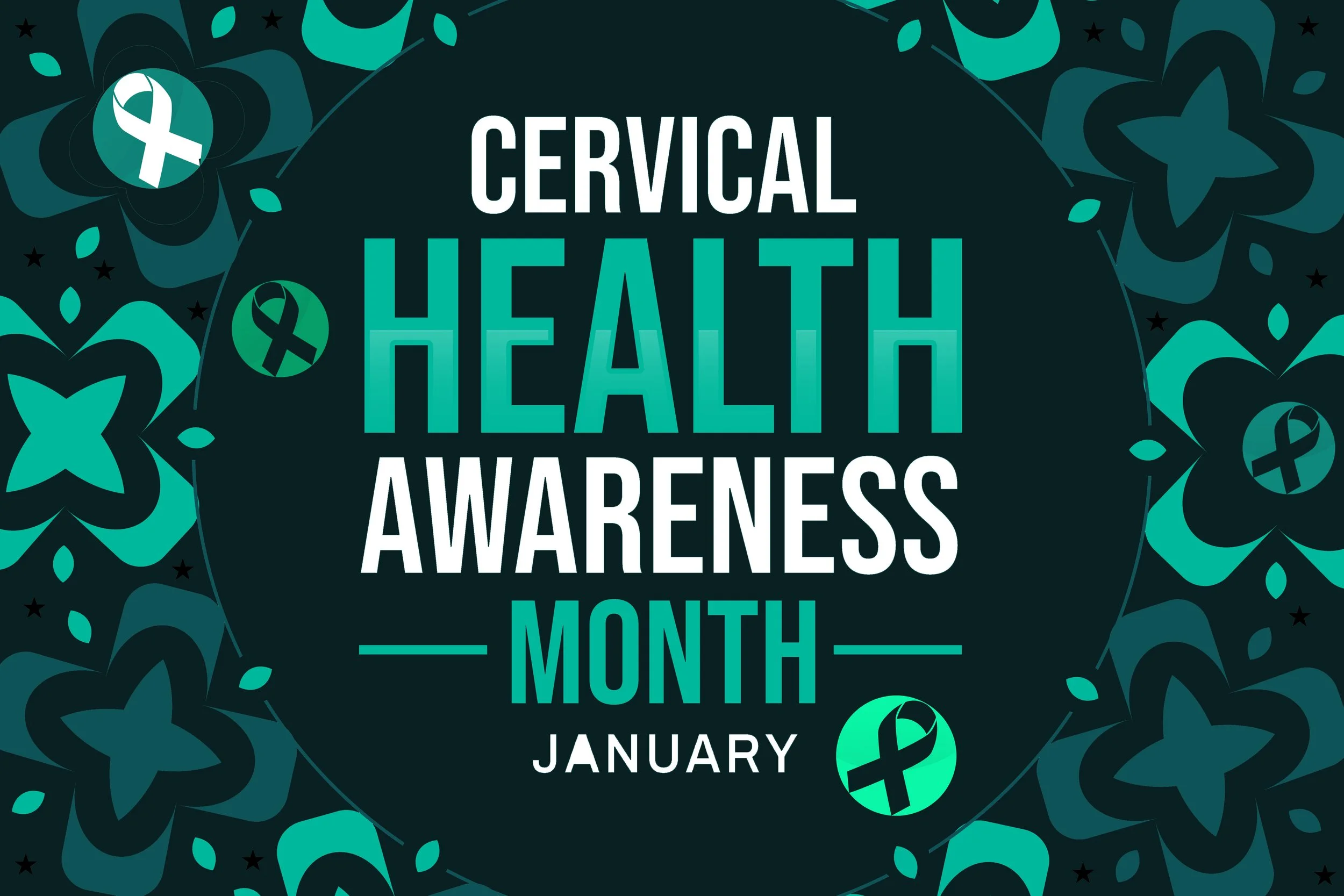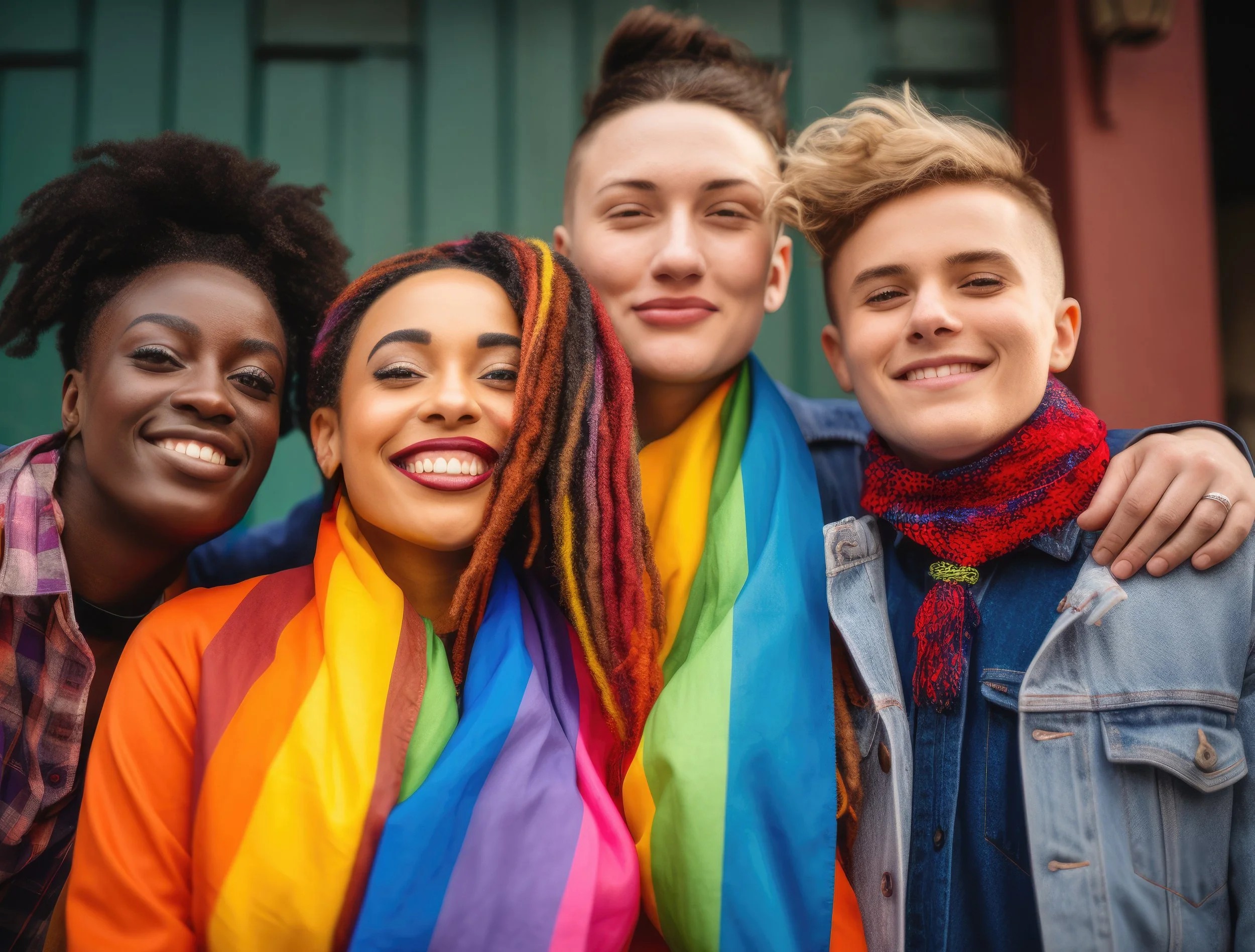Let’s face it, not many people really want to talk about the smell of a vagina. Yet it is, after all, just another body part that deserves to be talked about. So here we go! The vagina has many different smells that can indicate a wide range of conditions; which could be healthy, or require evaluation and treatment, or signal different stages in our lives, or are affected by what we consume, the activities we engage in, and even our hygiene practices. It is essential to normalize open dialogue about the vagina and its composition, just like we talk about our mouths, noses, ears and other body parts without embarrassment.
Read More





















